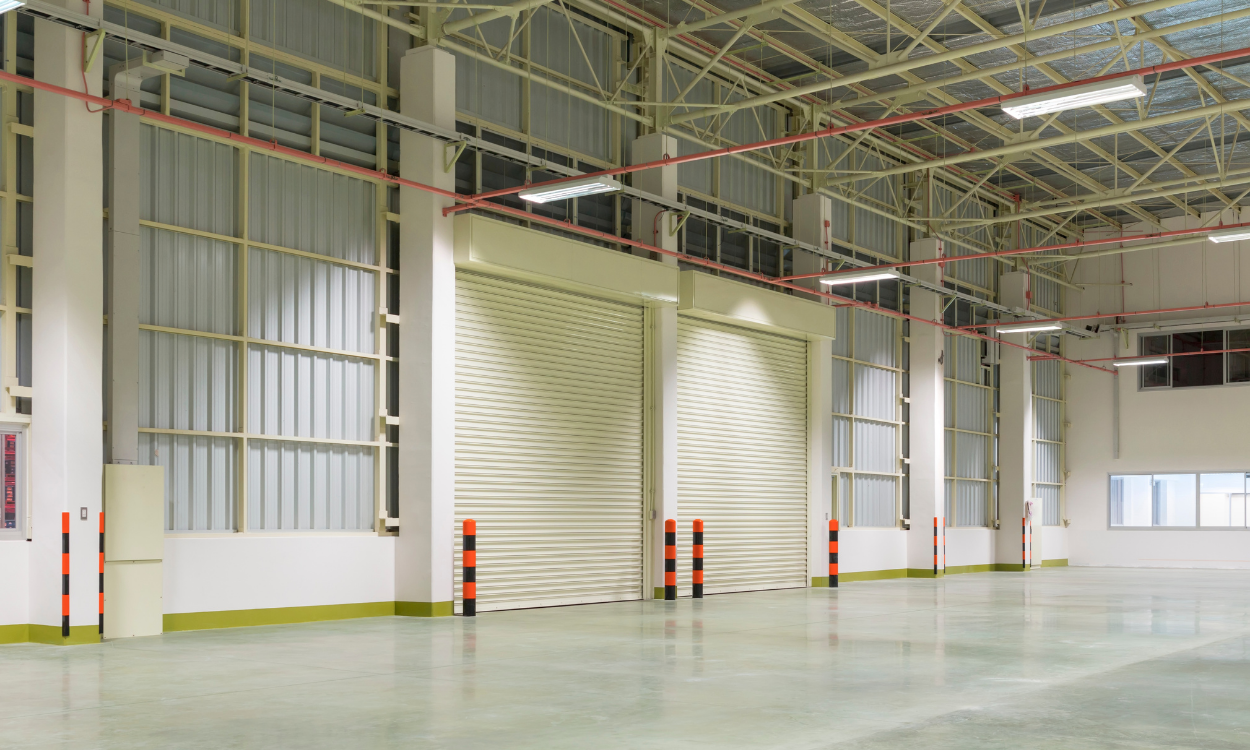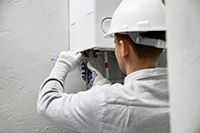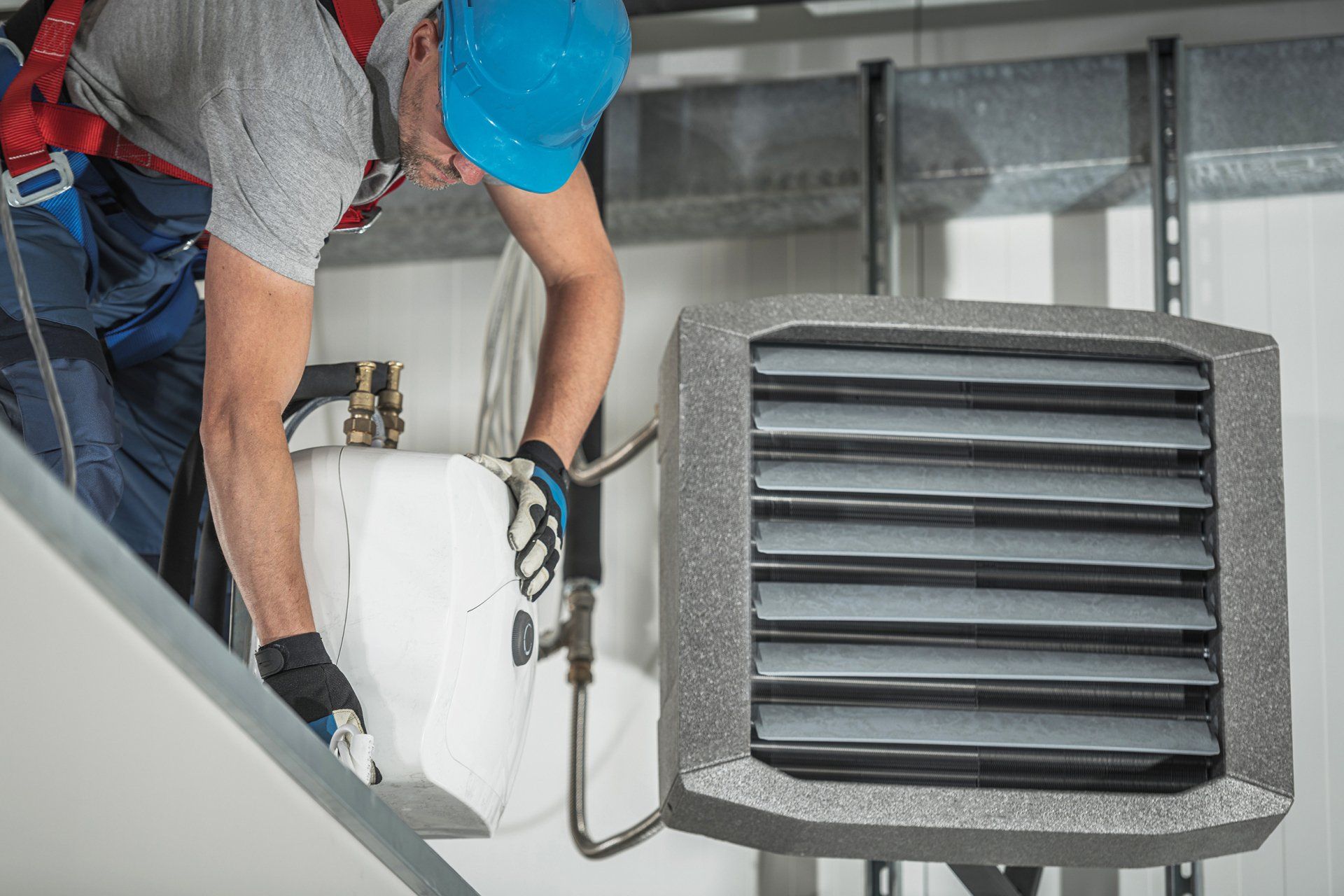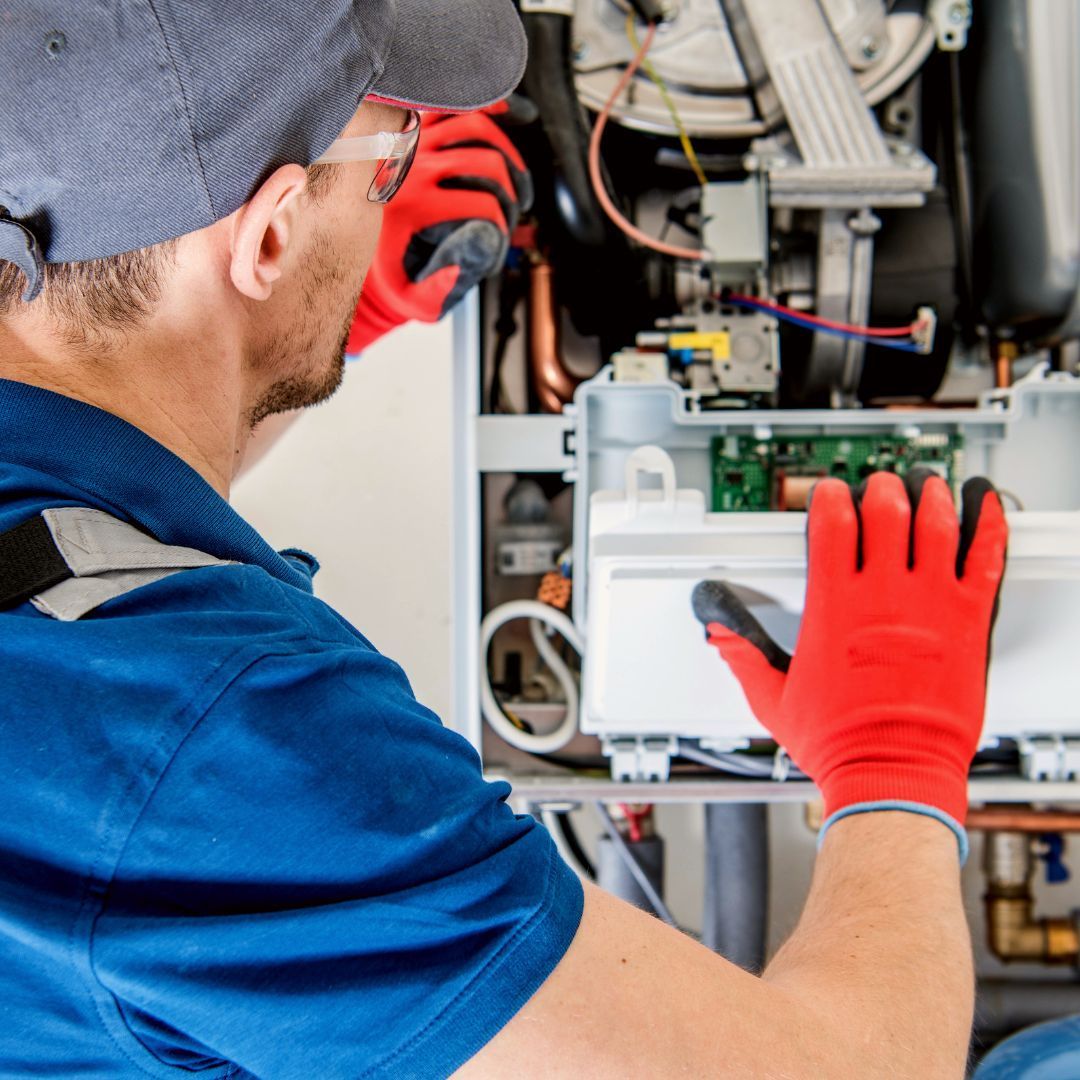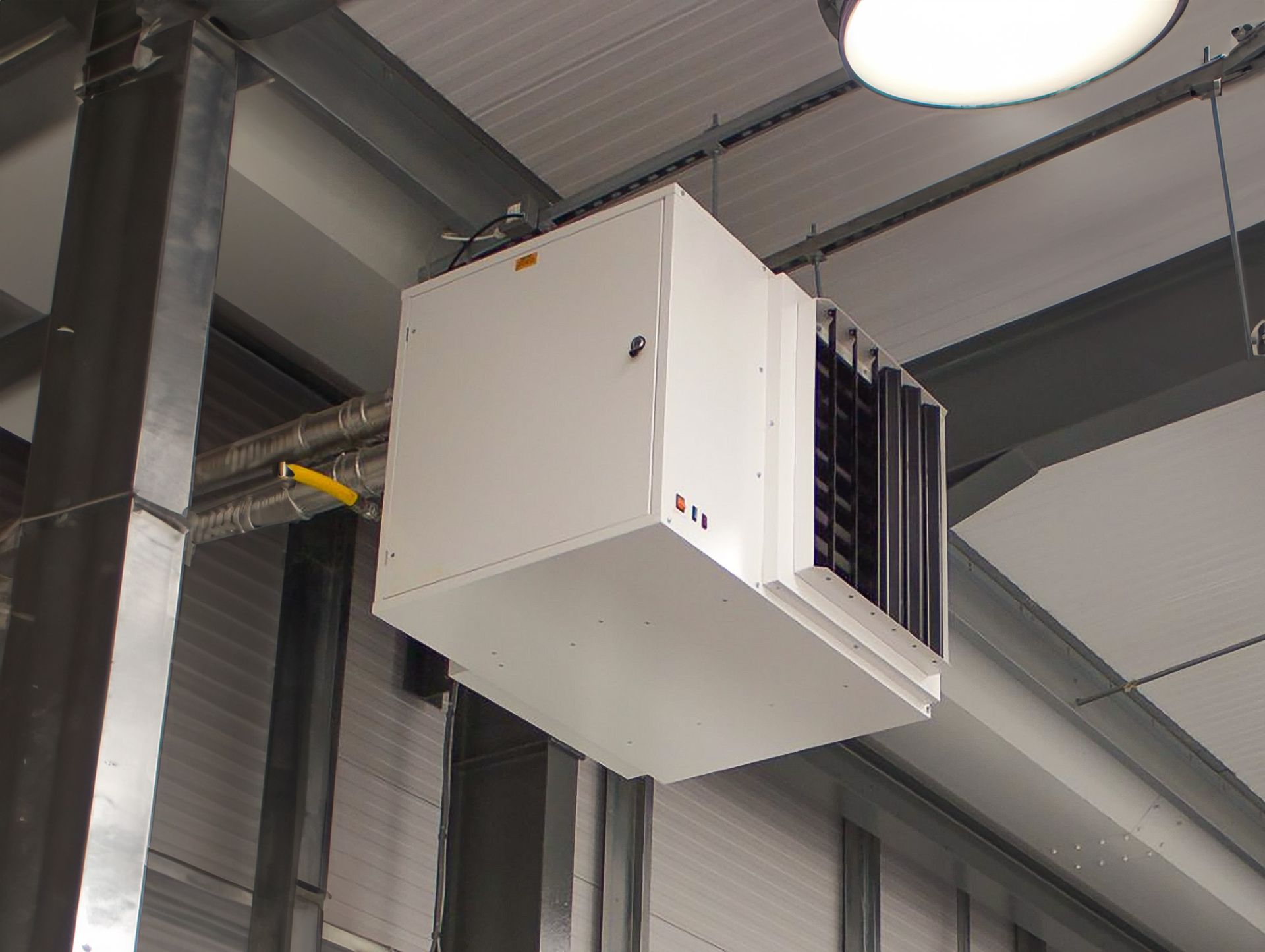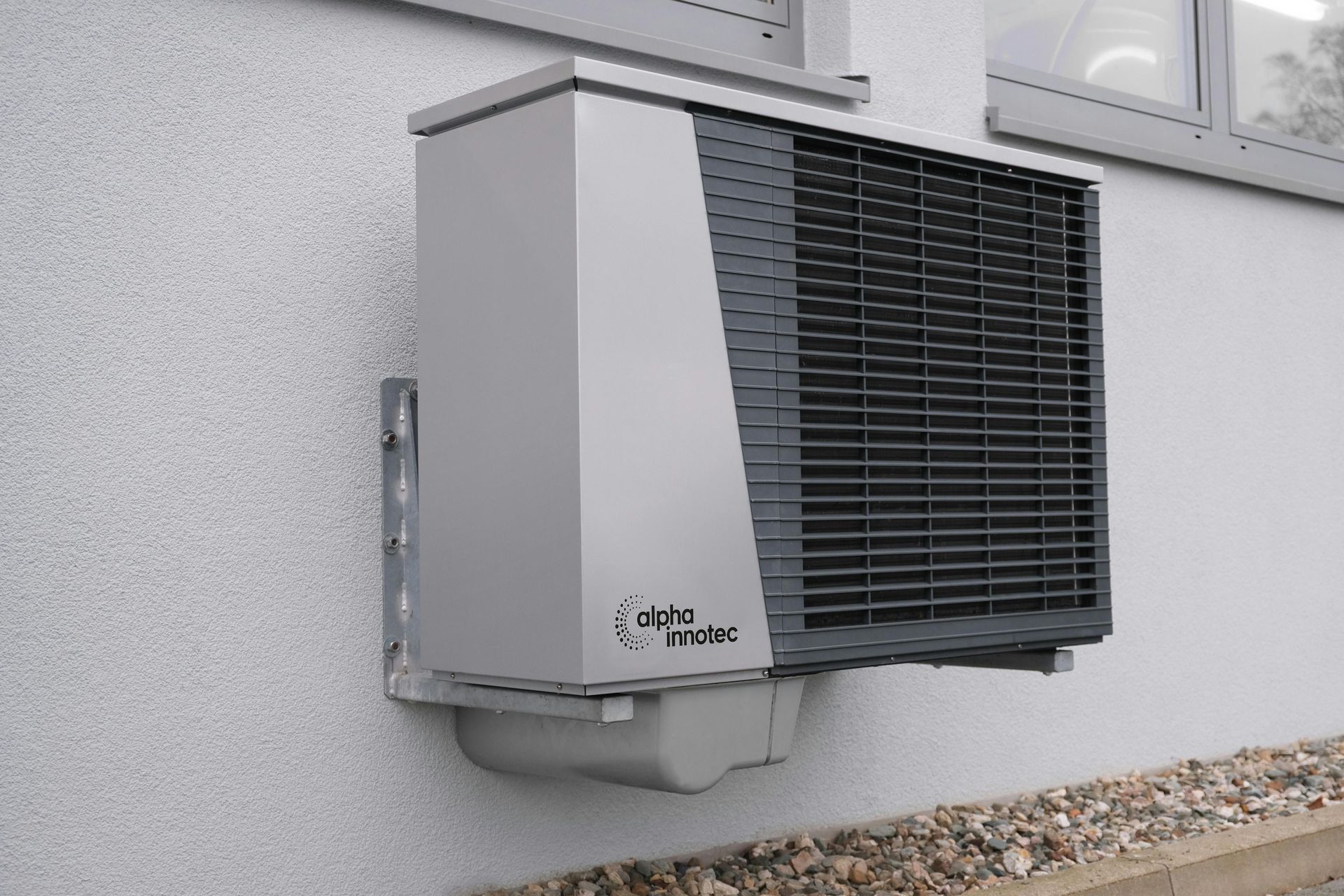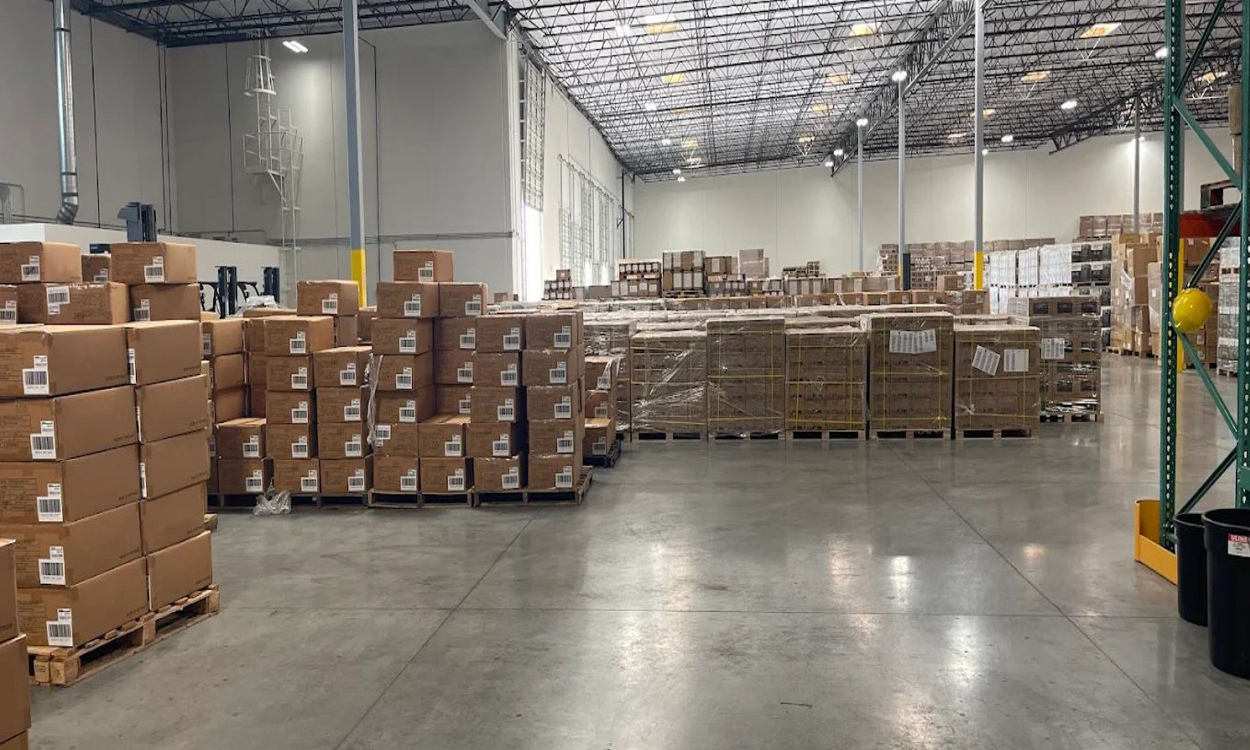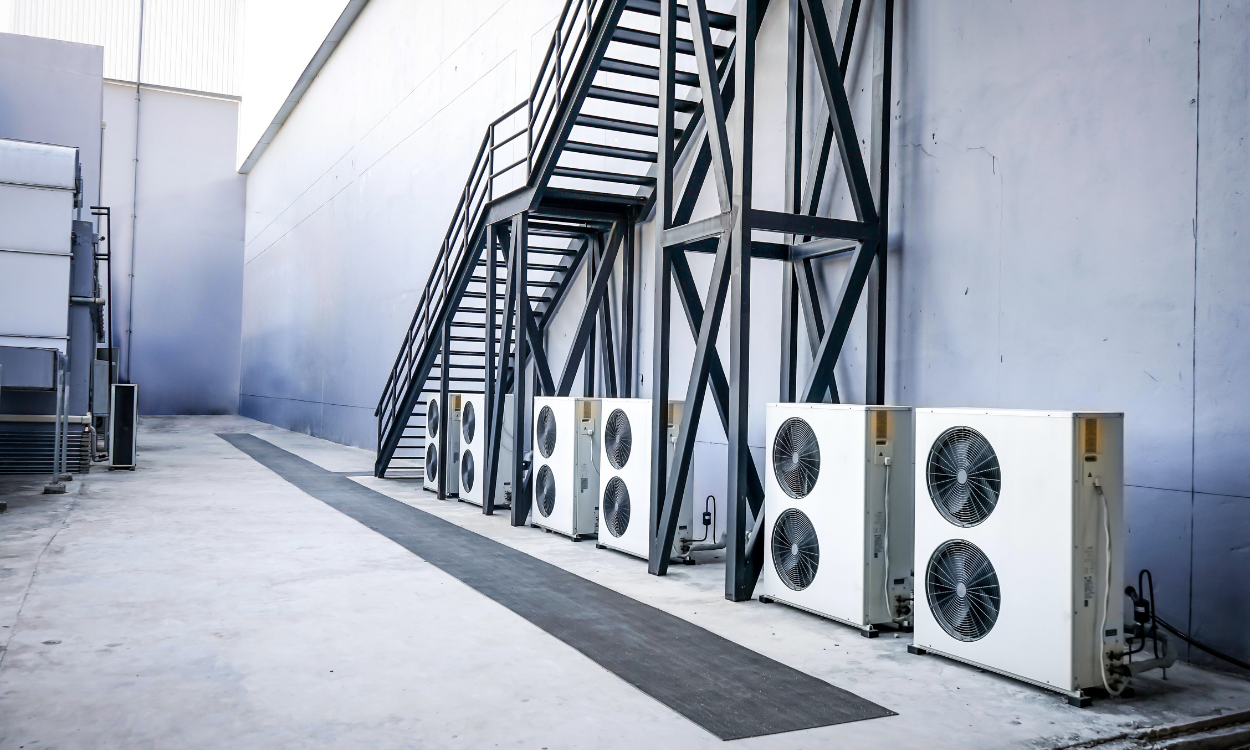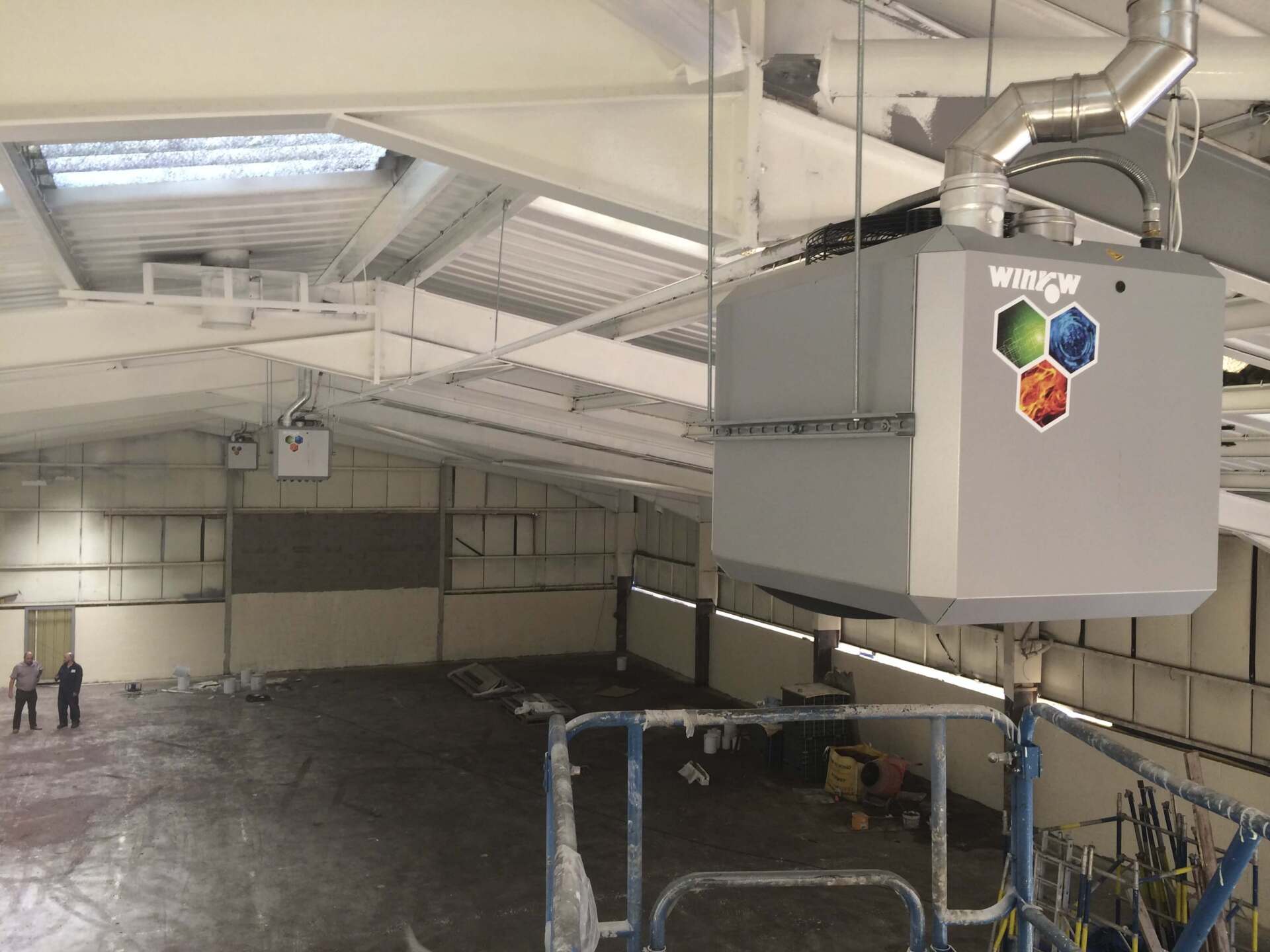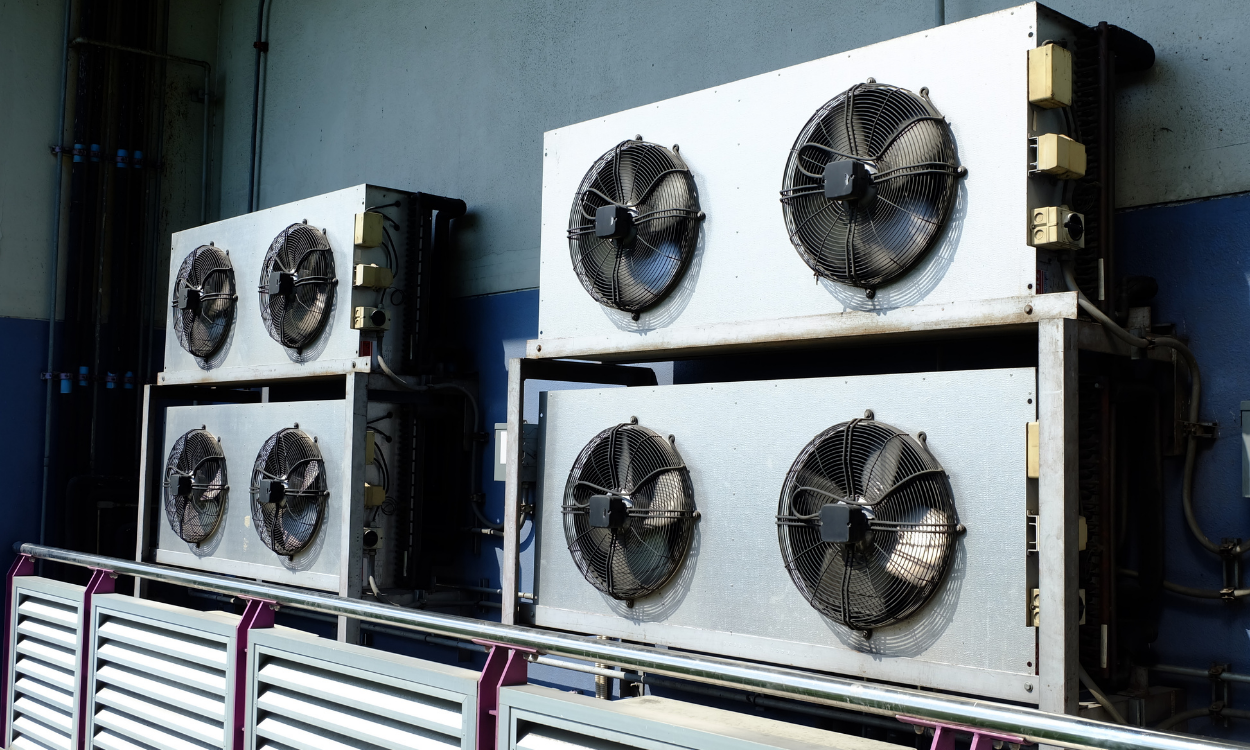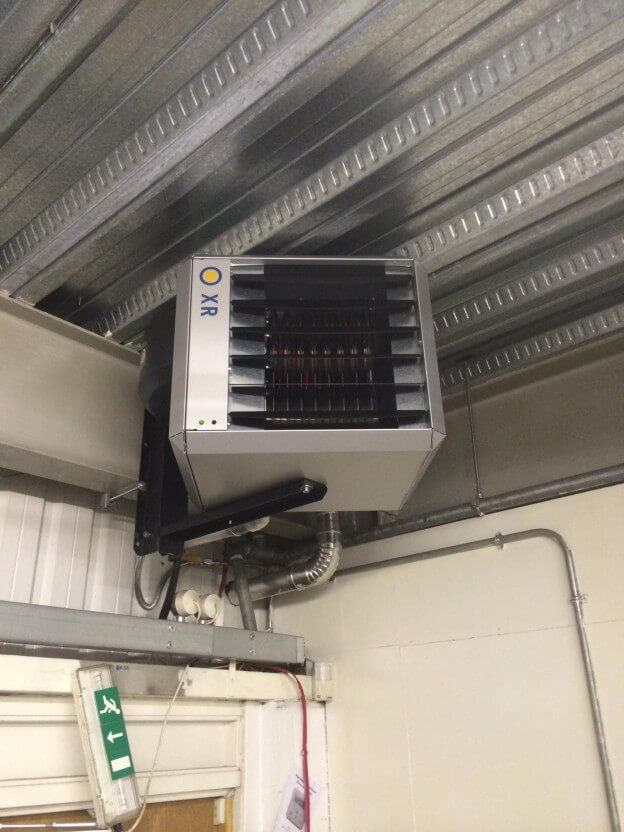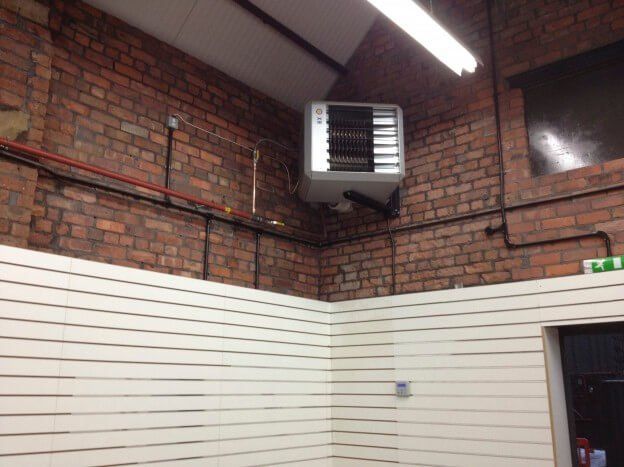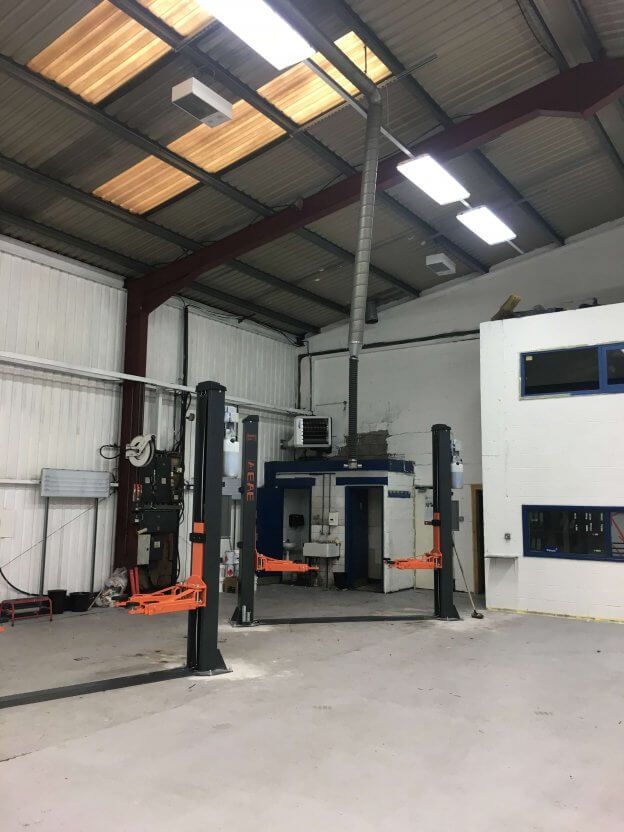What are the key focus areas for businesses looking to decrease their carbon footprint?
Increasingly, companies and individuals are becoming more and more concerned with the impact that they’re having on the environment. It’s clear that we cannot continue the way that we have been for many years, relying on fossil fuels and focusing on profit over sustainability at all costs.
Many companies are now trying to take responsibility for their emissions and do the work to cut things down. A collective effort to reduce emissions could have a significant impact on the environment. But tackling emissions can seem like a daunting task – so where should you start? We take a look.
Why should you decrease your carbon footprint?
Before taking action, it can be helpful to understand why decreasing your carbon footprint can have an impact. It may cost you money to get a carbon report done, or to switch providers, and as a business you’ll want to be sure that it’s worth it.
Firstly, the environmental impact of reducing our carbon footprint is clear. Wildfires and flash floods are becoming increasingly common across the globe, and this is all due to global warming. For example, scientists concluded that global warming
intensified the
California
drought of 2015 by 15-20%.
Additionally, improving your eco-credentials can be beneficial for attracting and retaining employees and customers. In a world that is becoming increasingly aware of sustainability issues, adopting an eco-conscious approach can make your products or services look more attractive.
Energy
Whilst this might be a little trickier to manage if you work in a section of a larger office, changing to a renewable energy provider can be a good starting point for businesses looking to reduce their carbon footprint. These companies will likely use wind, solar and hydro to generate energy, all of which are clean sources. Unlike fossil fuels, they don’t put out harmful emissions into the air, so you will see an immediate reduction in your carbon footprint.
If you don’t want to switch providers, see if they do a renewable energy tariff. Whilst this means that the company overall is still using fossil fuels, it does increase the amount of renewable energy units that they need to generate. You will actively be pushing them towards a more eco-friendly future.

Travel
When looking at travel, you should consider both your company travel, delivery vehicles and employee commutes. If you have company cars or vans, look if you can make any of them electric. You might immediately disregard the idea due to anxiety around how far the cars can go, but modern electric vehicles have a longer range than you’d expect. Some also come with a petrol range extender – ideally you’d go all electric, but if you’re regularly travelling long distances, a hybrid or electric with a range extender can be a good compromise.
You should also look at installing electric charging points at the office, to support employees with getting EVs as personal cars. Some companies also offer an electric car salary sacrifice scheme, which can be an attractive option for employees who are hesitant to make the switch. If you do offer this option, it’s important to correctly assess the infrastructure that you’re going to need, and an effective booking system, so that everyone can get a charge when they need it.
Office supplies
When most companies buy office equipment, they tend to have an established relationship with a supplier, or find the cheapest deal. However, this can mean that they don’t assess the impact of where their supplies are coming from. When ordering small stationery items like paper, check for the Forestry Stewardship Council (FSC) mark, which shows that paper products have been created from sustainably managed forests.
For electrical items, make sure that you’re not buying more than you need, and have a recycling system in place for items at the end of their useful life. There are plenty of schemes that can help you recycle tech waste. You should also try and keep items for as long as you can, rather than upgrading every year, just because that’s what you’ve always done. If this is company policy, consider donating any working items to a school or charity.
To sum up
There is plenty that businesses of every size can do in order to reduce their carbon footprint. This collective effort is a vital step if we want to try and reduce the effects of climate change and protect the planet we share.
Share This Post.
Need a Quote?
Is your business is looking for heating upgrade or an installation quote? Please call us on 08000 588 035 for a free quotation or fill out our contact form and we’ll get back to you as soon as we can.
If you could also attach some relevant images of the building and advise the building volumetric, it will help with our initial design assessment. Thank you.
Winrow - Enquiry Form
Industrial Heating - Latest News
